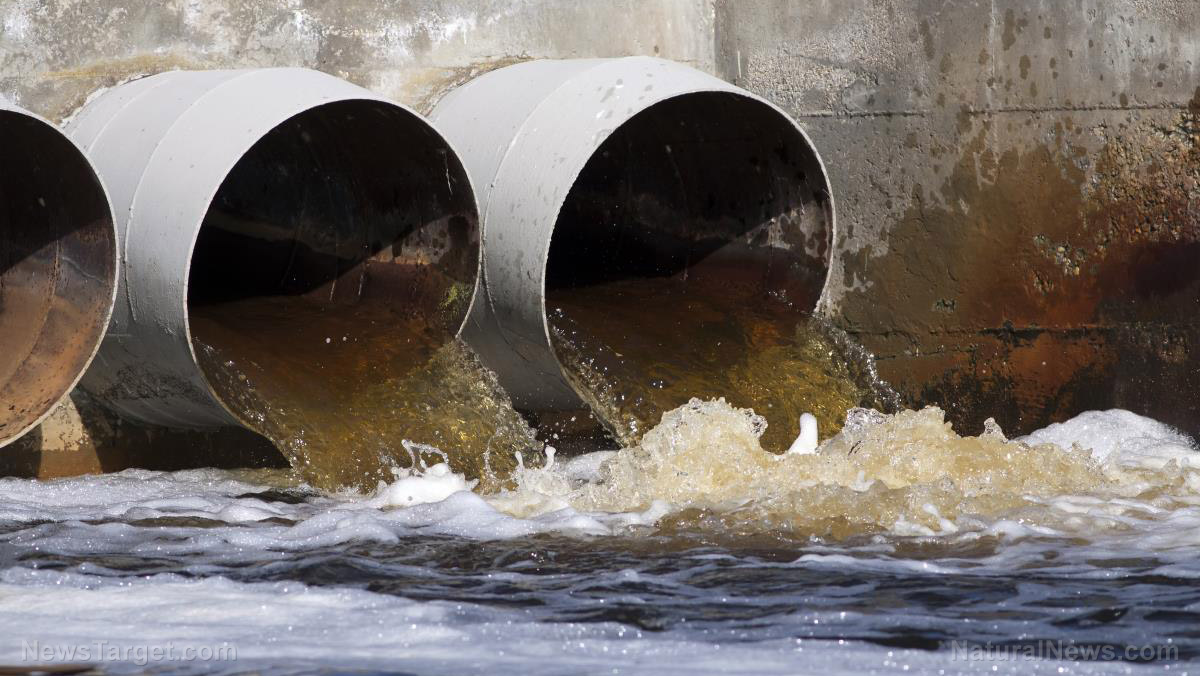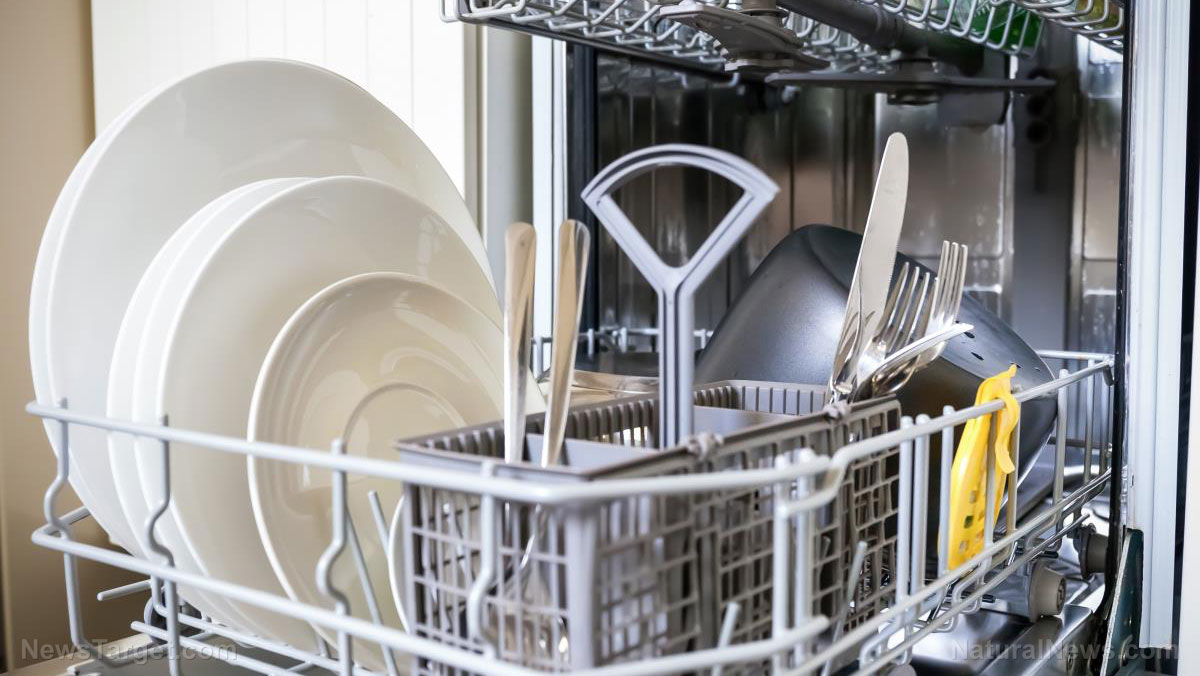
United Kingdom authorities waived the rules on the treatment of sewage due to the shortage of required chemicals. The government told wastewater plants that they may be able to discharge liquid waste that has not been fully treated due to the disruption caused by "supply chain failure" -- or lack of truck drivers.
Sewage is already an issue, and effluent is getting into Britain's rivers and waterways through storm overflows, which are designed to be used during extreme weather to prevent overloading.
The Environment Agency published a regulatory waiver that allowed companies to discharge effluent without meeting the usual conditions in their permits, positing that if supplies are low, they must use the chemicals to treat the most polluting discharges.
The same waiver is related to the feared shortage of the availability of ferric sulfate, a solution that is used to suppress the growth of algae. This temporary relaxation of the rules will only last until the end of the year to allow discharges from water treatment facilities that cannot comply with permit conditions due to the unavoidable shortages of chemicals.
The disruption of supplies of ferric sulfate is caused by the shortage of truck drivers who deliver the chemical. However, drinking water will not be affected.
A government spokesman noted that water supply will not be affected as no water company has yet notified it of a shortage of ferric sulfate; however, it was introducing the regulatory position as a precautionary measure. (Related: Utah city orders citizens to avoid drinking water after chemical contamination; what will you do in a water emergency?)
Lack of truck drivers impact the chemicals industry
The chemicals industry is only the latest in a series of sectors that have been hit by the shortage of truck drivers caused by Brexit and the COVID-19 pandemic.
In recent weeks, fast food chains saw shortages of chicken and milkshakes, and Ikea is struggling with the supply of hundreds of products, including mattresses.
The Chemical Business Association (CBA) said that it had been warning Boris Johnson, transport secretary Grant Shapps, and business secretary Kwasi Kwarteng since June about the potential disruption in the supply of critical chemicals for the water and agriculture industry.
A spokesperson for Water UK also said that they have been experiencing some disruption to the supply of ferric sulfate in England, but pointed out that the lack of supply is solely on distribution: There is no shortage of chemicals in factories.
Concerns of driver shortages will be worse in the chemical industry in particular due to the additional qualifications and requirements for those carrying hazardous substances.
Tom Doggett, the chief executive of the CBA said that when if a potential driver is faced with a job that does not deal with dangerous substances or one that gets paid the same but has to handle hazardous chemicals and be qualified to do so, it is clear which job the driver would go for.
The problems on staffing shortages have been blamed on the furlough scheme that is keeping some staff out of circulation. The EU workers are also leaving the U.K. following Brexit.
The Confederation of British Industry warned that shortages could last up to two years, and the list of shortage occupations should be widened to include heavy goods vehicle drivers as well as others.
A spokesperson said that as driver shortages demonstrate, the shortage is a widespread problem caused by several factors, including an aging workforce.
"Most of the solutions are likely to be driven by industry, with progress already being made in testing and hiring, and a big push towards improving pay, working conditions and diversity. We recently announced a significant package of measures, including plans to streamline the process for new drivers to gain their HGV license, and increased capacity for HGV driving tests," the spokesperson said.
Sources include:
Please contact us for more information.





















